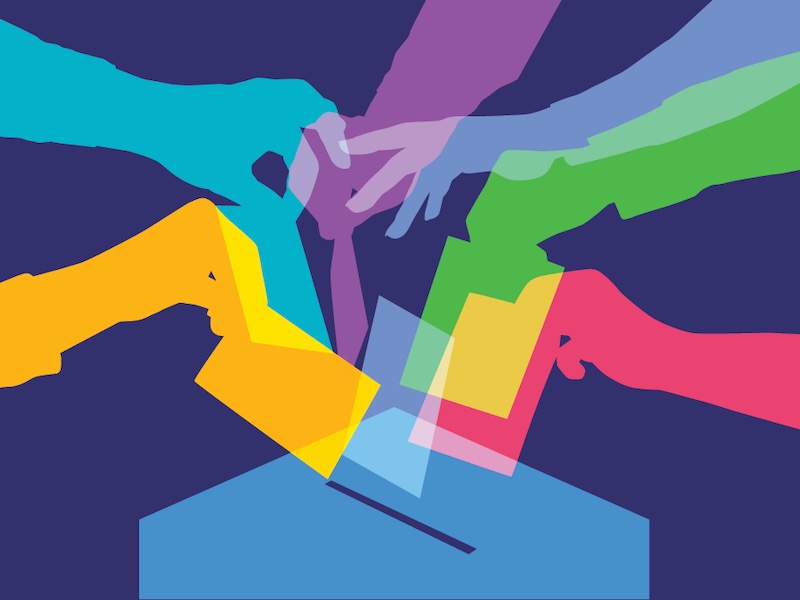
From a purely economic perspective, a Kamala Harris win at next month’s U.S. presidential election would be the better outcome, suggests a new report from economists at Desjardins Group.
The report examines the major policy promises of the two candidates, and — assuming that those promises are fulfilled — it projects a Harris win would be a modest positive for the U.S. economy, while a return of Donald Trump to White House would be a significant negative.
Overall, the policies proposed by Harris would produce real GDP growth that’s slightly better than the current baseline scenario, it said.
“If Kamala Harris wins, the single biggest driver of growth would be the expanded child and earned‑income tax credits — especially if they’re means‑tested like they were during the pandemic,” it said.
“These measures would boost the disposable income of Americans who save less than their wealthier neighbours, potentially stimulating consumer spending. Housing starts and residential investment could also grow a bit faster,” it said.
At the same time, however, proposed tax hikes on corporations and the wealthy could provide a headwind to growth, which would partially offset the positive effects of increased disposable income for lower‑income households, it said.
Conversely, a second Trump administration would have a bigger economic impact — mostly negative — the report suggested.
While a Trump win could prompt a positive reaction from the stock market, and the prospect of corporate tax cuts and deregulation could bolster investment, “those effects could all be offset by higher tariffs and lower immigration,” the report said.
Higher tariffs would reduce imports, exports and business inventory investment, it said. Furthermore, “higher inflation would eat into real disposable income and slow consumer spending, especially on goods.”
The report said lower immigration could also weigh on consumer spending and residential investment.
“All told, real GDP would come in about 2% below our baseline scenario under a second Trump administration,” the report said.
“A new trade war, lower immigration or mass deportations could have far greater economic implications, while implementing Trump’s full agenda would have significant downside risks that add uncertainty to the scenario,” it added.
“Keep in mind that our economic forecasts for both candidates are predicated on Congress passing much of their agenda,” it said — noting that’s unlikely, particularly if Congress remains divided.